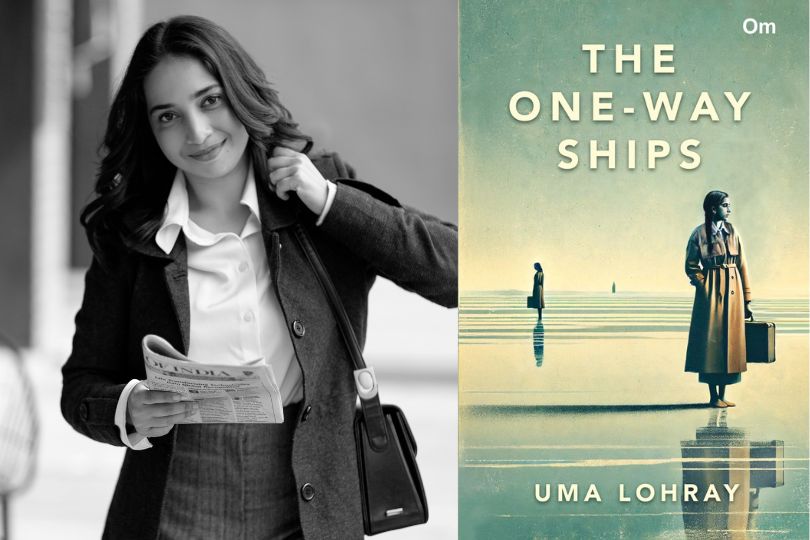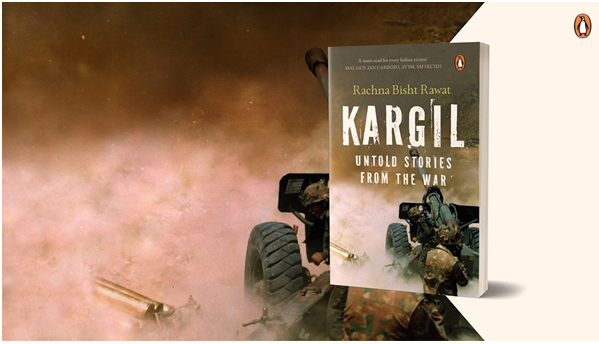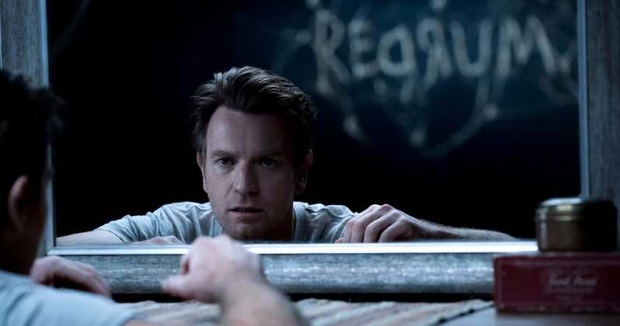Frontlist | Top 10 all-time Shakespearean books one should never miss
Frontlist | Top 10 all-time Shakespearean books one should never misson Dec 04, 2020

William Shakespeare’s influence on English literature is enormous, but from Dr Johnson to Germaine Greer, some outstanding works have explored his legacy and life story
To write in this genre, I knew I would be putting myself at some risk. But I had a story to tell. In my mind, Shakespearean was inspired by watching a controversial Public Theatre production of Julius Caesar in June 2017 in New York which nightly staged the assassination of Donald Trump. From the moment the Roman dictator (in a Maga baseball cap) bounded on to the stage in Central Park wearing a white shirt and long red tie, I asked myself: how did a young man who grew up in rural Warwickshire, who did not go to university, and who died at the age of 52, far from court or cloister, become not merely “Shakespeare” but also the global icon for the quality we call “Shakespearean”? How, to put it another way, does he remain so effortlessly modern more than 400 years after his death?
By chance, the historical disruption that inspired this book only worsened from 2017 to 2020, culminating in the outbreak of the modern plague, coronavirus. Our times were turning out to be more Shakespearean than I had anticipated. There was also this literary dividend: Shakespeare left about 1m words of poetry and prose; he also bequeathed the legacy of his influence: novels, stories and essays inspired by his work. Here is my selection.
1. A Dictionary of the English Language by Dr Samuel Johnson If Shakespeare is famous for one thing, it’s his innovative brilliance with the English language, as many as 1,800 new words, including lacklustre, amazement, assassinate, hobnob and barefaced. These all appear in Johnson’s dictionary, which makes a point of using Shakespeare citations to establish English usage.
2. Moby-Dick by Herman Melville Melville did not just want to identify with Shakespeare – he wanted to compete with him, as an American. “If Shakespeare has not [yet] been equalled,” he wrote, “he is sure to be surpassed by an American born now, or yet to be born.” Melville’s edition of the complete works has about 500 passages marked for special study; and the writing of Moby-Dick became an extraordinary effort of literary oneupmanship.
3. The Adventures of Huckleberry Finn by Mark Twain Twain’s masterpiece offers a double-shot of Shakespearean influence. His comic duo of confidence men, the “rightful duke of Bridgewater” and his sidekick “the King of France” – two characters who could have stepped from The Merry Wives of Windsor or Falstaff’s Eastcheap – were inspired by the young Twain’s experience of wild west culture as a reporter during the California gold rush. Secondly, Twain’s famous parody of Hamlet (“To be or not to be; that is the bare bodkin”) displays an American master spoofing brilliantly at the top of his bent.4. A Thousand Acres by Jane Smiley Many US novelists have been bitten by the Shakespeare bug: Toni Morrison (Desdemona), John Updike (Gertrude and Claudius) and Arthur Phillips (The Tragedy of Arthur) from contemporary fiction. More popular, perhaps, is Smiley’s modernisation of King Lear, in which Shakespeare’s plot and characters are relocated to the midwest. Smiley says that her novel grew out of her response to “the ways in which I found the conventional reading of Lear frustrating and wrong”. Part of Shakespeare’s eternal youth is that he always invites us to find new responses to his work.
5. A Room of One’s Own by Virginia Woolf This landmark in feminist thought was inspired by Woolf’s recollection of an old academic declaring that “women cannot write the plays of William Shakespeare”. Her portrait of “Judith Shakespeare” becomes a polemical fiction about a woman who, like Woolf herself, had to stay home, watch her brother go to school, and become imprisoned in domesticity. Eventually, Judith is shamed into a marriage of convenience. Her brother flourishes, while Judith’s genius remains unfulfilled. The poet’s sister eventually kills herself, but enables Woolf to review the creative beginnings of some great literary examplars, including Jane Austen, George Eliot, and the Brontë sisters.
6. Shakespeare’s Wife by Germaine Greer In a kind of homage to Woolf, Greer starts with a woman about whom almost nothing is known, married to a great poet, and reimagines the story of the Hathaway-Shakespeare marriage in its context, treating Anne (or Agnes) with the greatest sympathy. Greer rescues her life story from oblivion with wit and scholarship. It’s a good companion to Hamnet, below.
7. Hamnet by Maggie O’Farrell The 2020 winner of the Women’s prize for fiction, this poignant meditation on grief is characterised by O’Farrell’s outstanding immersion in the Elizabethan Stratford of the 1590s. Shakespeare is unnamed, and O’Farrell focuses on his wife Agnes (as Anne was known) to explore the death of their son Hamnet from plague in 1596. The luminous magic of this novel lies as much in what it omits as what it depicts, but the scene in which Agnes lays out her son’s body is one that few readers will forget.
8. The Lodger, Shakespeare on Silver Street by Charles Nicholl Nicholl made his reputation as a writer with The Reckoning, his brilliant investigation into the death of Christopher Marlowe, Shakespeare’s contemporary and rival. In a second foray into the court records of the age, Nicholl takes a forgotten lawsuit in which Shakespeare appeared as a witness (the only occasion on which his actual spoken words were recorded). In an enthralling weave of metropolitan social history, Shakespeare commentary and the Jacobean domestic romcom surrounding the marriage of Marie Mountjoy and Stephen Belott, Nicholl once again breathes new life into some very dusty archives. A delight.
9. Nothing like the Sun by Anthony Burgess Burgess’s fascination with Shakespeare was a lifetime’s obsession. His first foray into Shakespeare’s world occurred in 1964 with this exuberant novel about Will the poet’s love life, partly driven by the claim that Shakespeare’s imagination was inspired by syphilis. This became a film script, The Bawdy Bard, never produced, which morphed into his brilliant biographical essay, Shakespeare (1970).
10. Shakespeare and the Goddess of Complete Being by Ted Hughes Shakespeare was obsessed with risk and originality, the key to drama. Hughes was also fascinated by the wellsprings of creativity. He devoted much of his life to rereading the complete works, and signed the contract for this magnum opus towards the end of his life. It was to offer the reader “a sort of musical adaptation”, a majestic song in which the plays become “a single titanic work, like an Indian epic”. Shakespeare and the Goddess became Hughes’s most sustained prose work, a book he claimed nearly killed him. On publication in 1992, it was poorly received, but is now becoming recognised as his prose masterpiece. By Robert McCrum


.jpg)






.jpg)
.png)
.jpg)


.jpg)
.jpg)
.jpg)










Sorry! No comment found for this post.